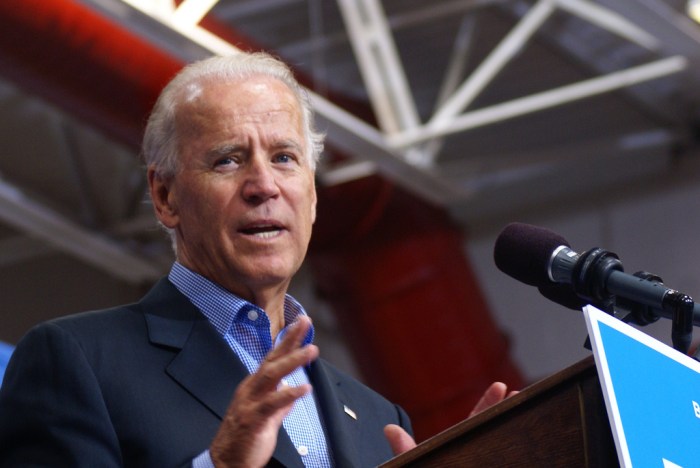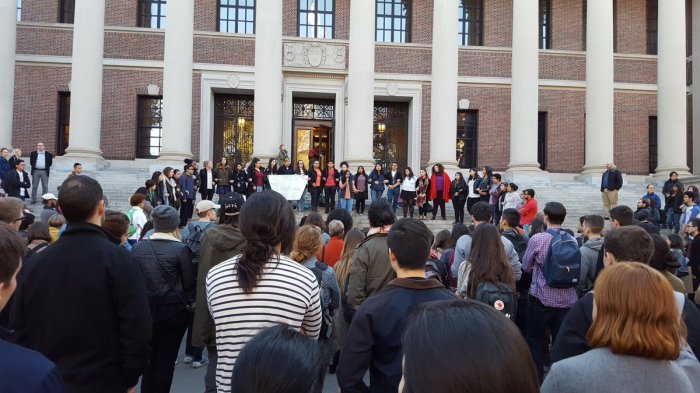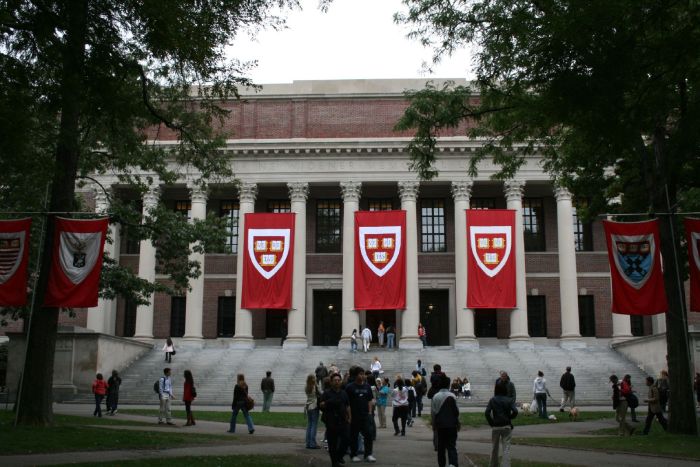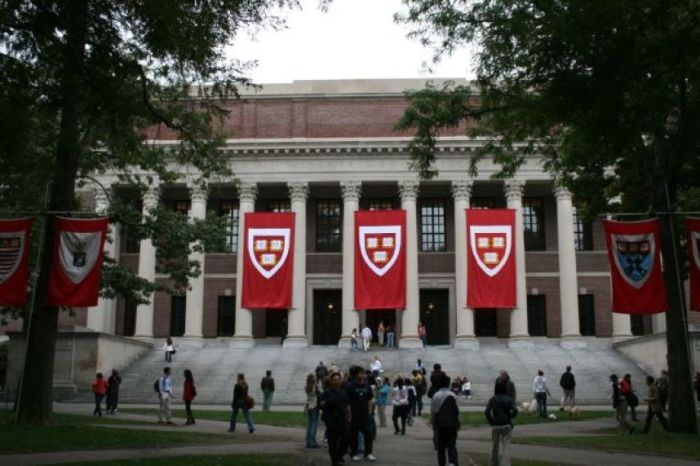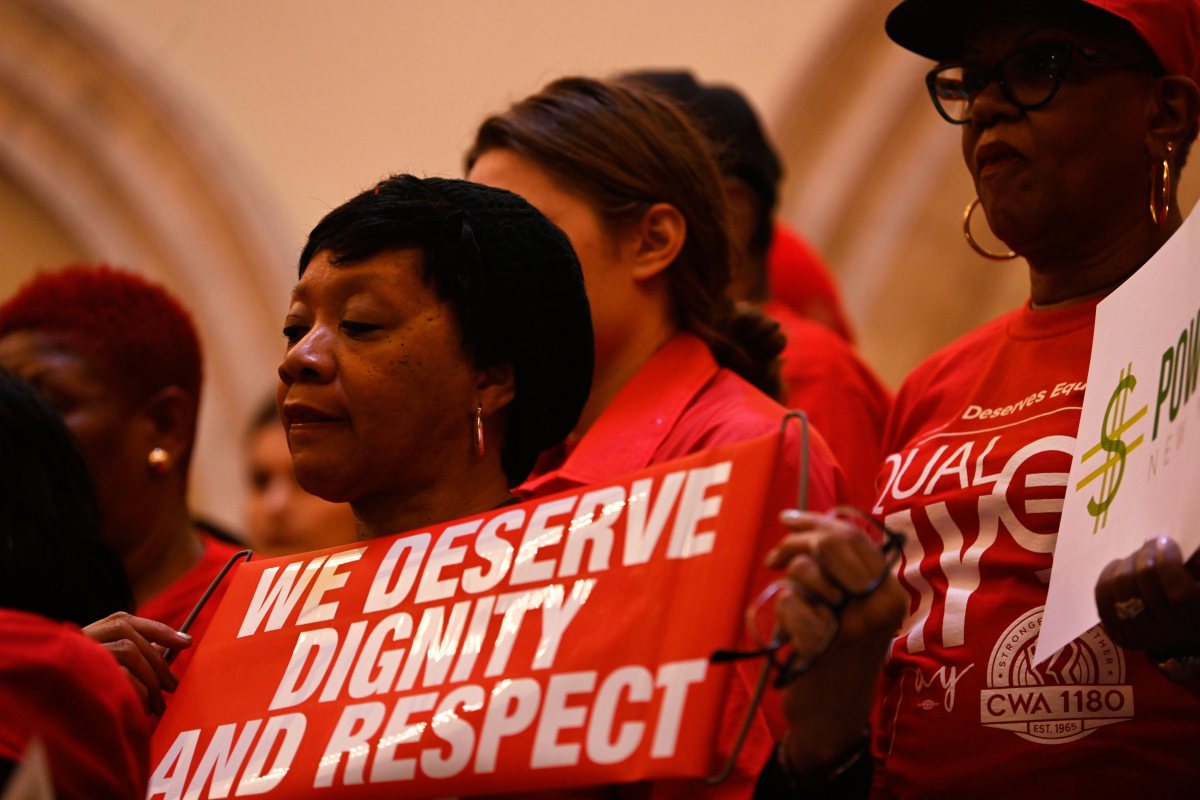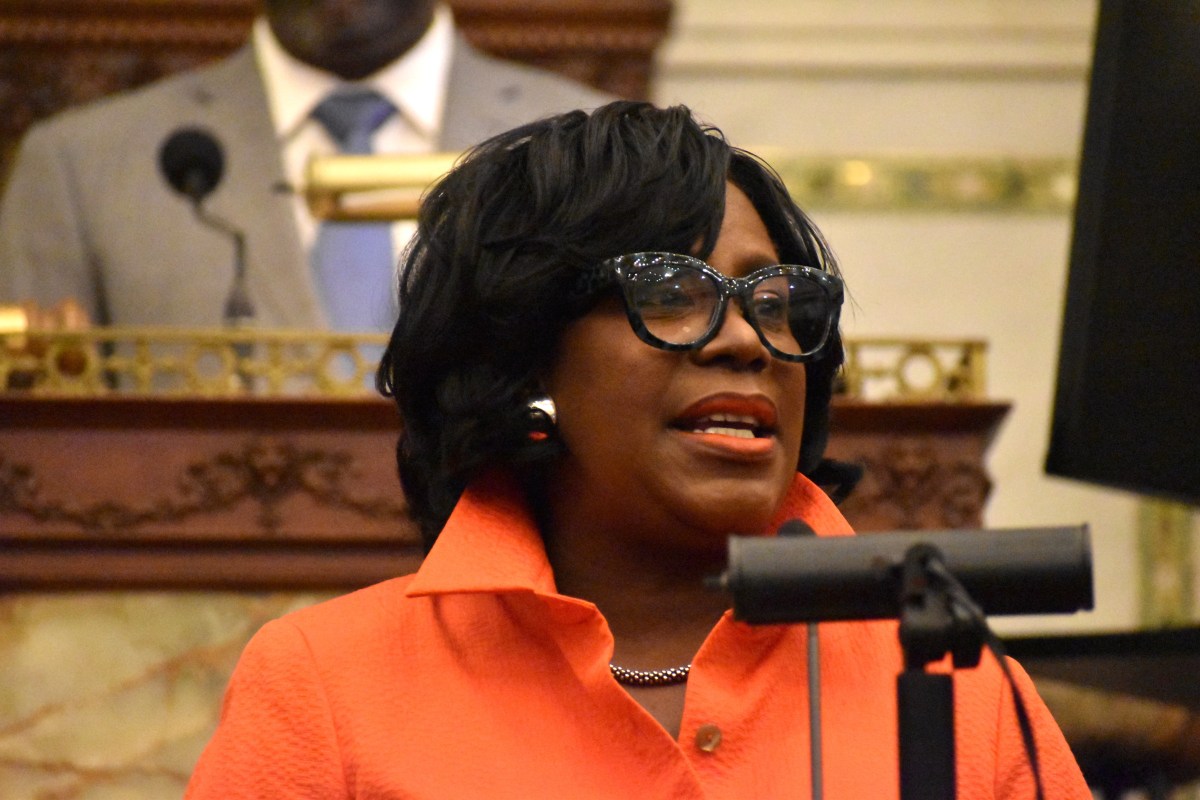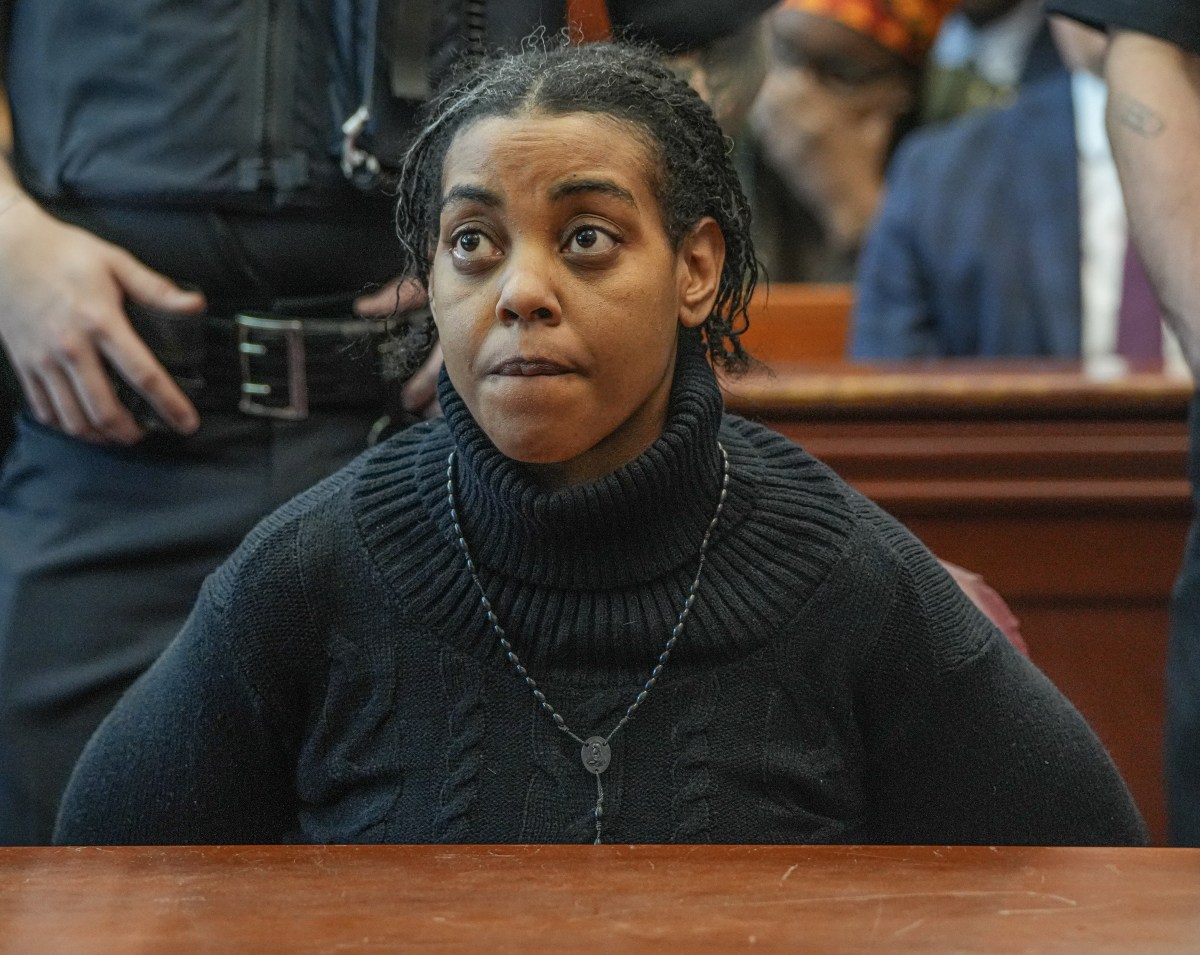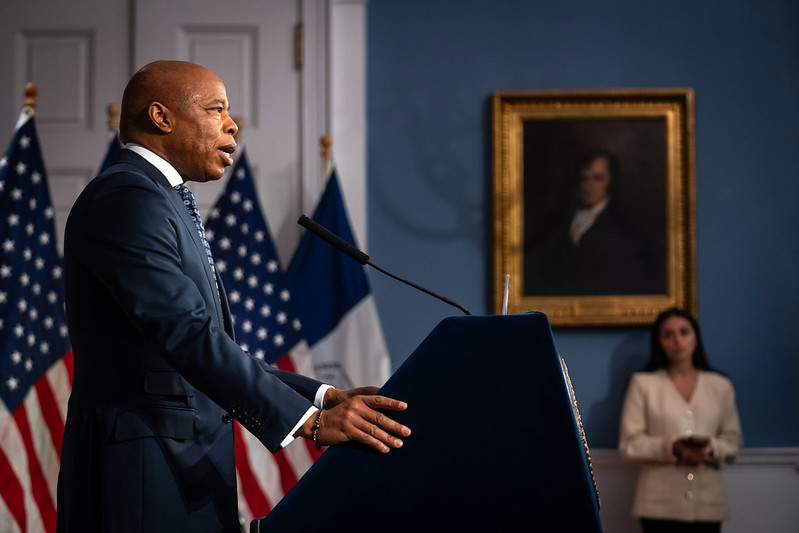There’s a revolution brewing to fight fake news — the only problem is, experts still don’t know much about it.
Yes, there have been some studies on the topic, but there’s still a lot more work to be done.
That’s why researchers from Harvard, MIT, Yale, Columbia University, Indiana University, Microsoft and more are now calling for a large-scale scientific investigation into fake news.
In a paper published Thursday in the journal Science, researchers from across the country are urging others — from computer scientists to historians to political experts to social scientists — to focus on fake news.
“What we did in this report is try and collate, ‘Here’s what we think we know,’ and, ‘Here’s what we think we don’t know,’ where more research is needed,” said Matthew Baum, one of the paper’s authors and a professor at the Harvard Kennedy School.
“Ultimately, the purpose of this is a call to arms, for sure,” he added. “But it wasn’t just that, it was also [that] … there are huge holes of things we don’t know.”
What do we know? According to the paper, which looked at other studies on fake news so far, experts estimate there are 60 million automated bots on Facebook and up to 48 million on Twitter.
We also know that fake news, though now somewhat of a punchline, has the power to really affect the world.
“Fake news goes back forever,” Baum said, noting it isn’t just reserved for politics. He cited things like the anti-vaxx movement, how people thought fluoridated water was an instrument of mind control and rumors that mislead the stock market as examples.
What don’t we know? Pretty much the whole scope of the current problem.
“It’s a concern that fake information is spreading around and persuading people and affecting attitudes, but we don’t really know how much is out there, how many people are seeing it, how many people are having their opinions or behaviors affected by it,” Baum said. “That’s the foundation upon which this entire structure needs to be built.”
Why try to mobilize others around fake news now? The recent news about a Russian troll farm put a new spotlight on the issue, but that’s not all.
“In the aftermath of the 2016 election and the rising cynicism about politics and our political institutions and distrust and polarization, this phenomenon seems to be adding fuel to that fire,” Baum said. “A very scary and dangerous fire that could potentially threaten democracy.”
Baum hopes this is somewhere he and others can really make a difference. Once we know more about how fake news works and spreads, we can then (hopefully) fight it.
“A lot of schools are starting to have civic awareness training, how to spot fake news, [know] what’s credible. Can those approaches work? We don’t know. There’s almost no research,” he said. “My hope is that this will get a lot of people talking and light that fire.”


